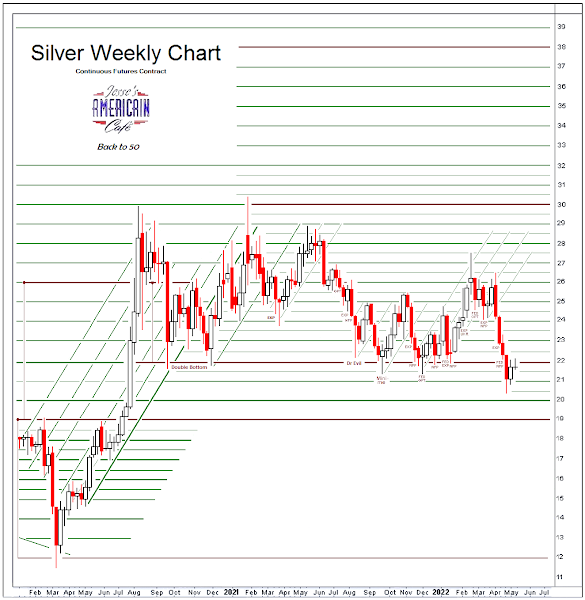"The whole town and all its inhabitants are quite drowned in carnival din, masks and confetti. And on top of that the news of the Reichstag fire. Dancing on a volcano."
Alban Berg, Letter from Berlin, September 1, 1933
“When Fascism came into power, most people were unprepared, both theoretically and practically. They were unable to believe that man could exhibit such propensities for evil, such lust for power, such disregard for the rights of the weak, or such yearning for submission. Only a few had been aware of the rumbling of the volcano preceding the outbreak.”
Erich Fromm, Escape from Freedom
"There are so many ways of escaping from that which one fears, and not the least of these is hatred.”
Philip Kerr, Berlin Noir
"When you legitimize yourself entirely by inventing enemies, the truth ceases to matter, normal restraints of civilization and decency cease to matter, the checks and balances of normal politics cease to matter.
The dangers of fascist politics come from the particular way in which it
dehumanizes segments of the population. It limits the capacity for
empathy among other citizens, leading to the justification of inhumane
treatment, from repression of freedom, mass imprisonment, and expulsion
to, in extreme cases, mass extermination."
Jason Stanley, How Fascism Works
Thomas Clement Douglas
"Behind the concrete, the visible events, behind all the objective, logical considerations, we find that which goes beyond the merely rational: the struggle against evil, against the servants of the antichrist.
Everywhere and always demonic powers lurk in the dark, waiting for the moment when man is weak; when of his own volition he leaves his place in Creation, as founded for him by God in freedom; and when he yields to the forces of evil, he separates himself from the powers of a higher order; after voluntarily taking the first step, he is driven on and on to the next and to the next, at a furiously accelerating rate."
Die Weiße Rose, Fourth Leaflet, Munich, 1942
“Each day we are becoming a creature of splendid glory, or one of unthinkable horror.”
C. S. Lewis
Stocks were able to rally today, and managed to hold on to the gains and go out near the highs.
The Dollar declined back to the bottom of the 102 handle.
Gold and silver rallied well, but were sold back down during the afternoon, still managing to hold on to some of their gains.
There will be a fairly significant precious metals option expiration on the Comex this Wednesday the 25th.
Pricing shenanigans are customary. It's what they do.
Have a pleasant evening.





















































